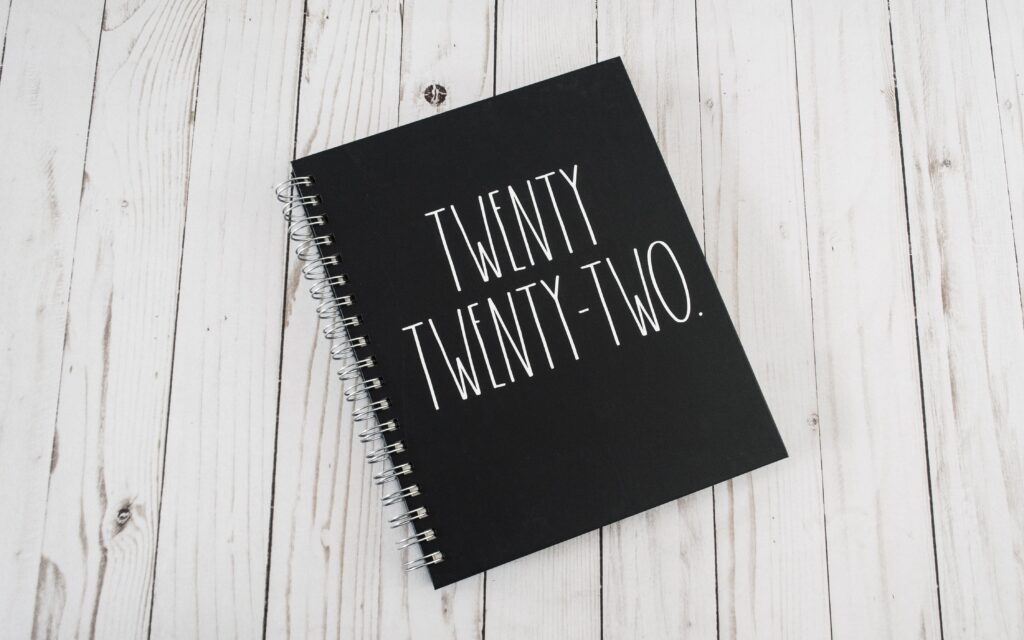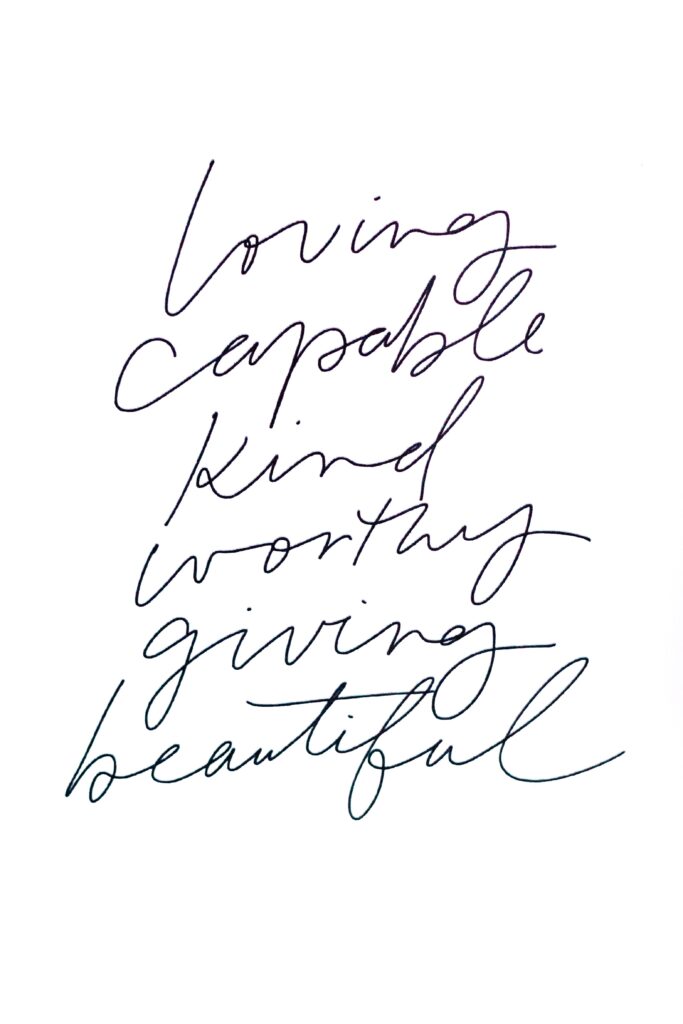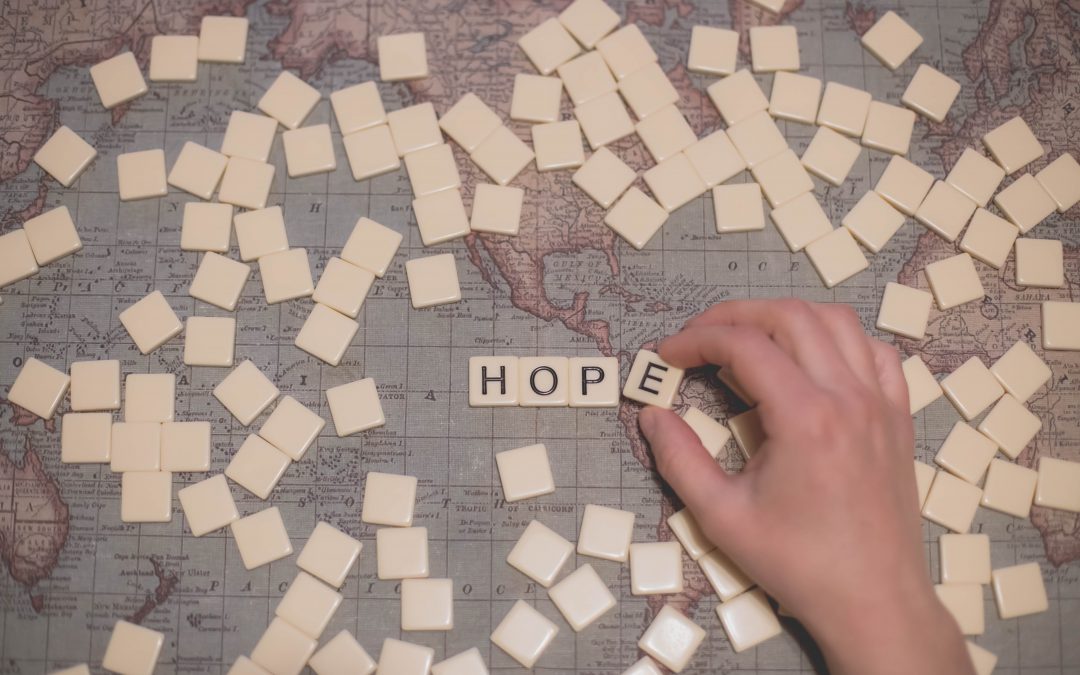Is it just me or is your social media newsfeed filled with the “new year, new me” message? How many New Year’s Resolutions have you set (and how many times have you set that goal before?)
I used to love setting New Year’s Resolutions. I love planning. I’ve always been dreamer and in another life I was a high achiever – so I felt perfectly at home crafting out the perfect goals for my perfect new life. I felt certain that this time would be my time. I had the latest plan, I had the motivation, I was on my way.
Until, of course, it inevitably came crashing down and I ended up berating myself for failing again. Why couldn’t I just stick to it? What was wrong with me?
What I know now is this pattern of perfectionism – setting idealistic but ultimately unrealistic goals kept me completely stuck. And I wonder if it’s the same for you.

Why New Year’s Resolutions can be harmful
Self improvement can be a delicate balance. Of course there’s nothing wrong with wanting to improve. Getting healthier, saving money, wanting to improve your relationships are all goals that can improve your wellbeing.
The problem is that if you’re not careful you can give yourself the message that you’re not good enough as you are, which can cause havoc with making progress in the longer term and can be really damaging if you continually “fail” to reach your (unrealistic) goals.
What makes a goal unrealistic? When it fails to account for your humanness – for your emotions. On paper (and when you’re scrolling endless polished instagram accounts) it might look possible – effortless even – but making sustainable changes needs a different approach.
So how can you begin your year with a bit of focus without setting rigid and unhelpful goals?
What You Can Do Instead
One idea I can really recommend having a Word of the Year. It’s a simple but effective concept that can keep you anchored in your intention for the year, without the drawbacks of gruelling annual goals.
Often with goal setting, you are loaded up with messages about what you should want and how you should look and how you should behave, that the goals you set just don’t match up with who you really are inside. What can be more helpful is to think about how you want to feel. The reality is, when we set goals it’s often not that a specific goal is important, but how you imagine achieving that goal will make you feel.
One super simple example – weight loss. If you’re wanting to lose weight, have you been a smaller size in the past? How did you feel then? When you were the size you want to be, did you feel how you’re now hoping you’ll feel when you get there? For most people, it’s surprisingly “no”.
Imagine spending all that time and energy losing weight only to not feel whatever it is you want to feel – confident, accepted, desired, loved. So many goals are seen as “The Solution” but in reality just don’t leave you feeling the way you want to feel.
What I’m suggesting is to start with your word of the year and then fit your goals around that instead. Get intentional about how you want to live your life and what you want to feel more often.
There’s an added bonus with approaching goals in this way. New Year’s Resolutions offer no flexibility for when life happens and heaven knows, almost two years into a pandemic, we need goals that are flexible and achievable.

How To Find Your Word of the Year
Finding your word of the year might come to you quite naturally. Perhaps you already have an idea of what you want to focus on for 2022. For some people, it may take a bit more work.
One great resource for really taking a deep dive into this process is Danielle LaPorte’s Desire Map workbook, which I have found a PDF copy of here – Desire Map Workbook. It is full of prompts to get you thinking about what words really fit with you on a deeper level.
Or you can keep it simple with a mind map. Write out the goals you were going to make, and see if you can spot what they have in common. And then have a think about what it is about those goals – how would you hope you feel at the end of it all? Abundant? Healthy? Peaceful? Focused?
Your words don’t have to be the kind of feelings you would find on a feelings wheel, although that might be a good place to start. They can be completely abstract – my past words have been “GoGoGo!”, “Champion” and “Joy”. This year, it’s Nourish.
The point is to be intentional about how you spend your time this year without punishing goals that leave you feeling deflated. Compassion and accountability helps you achieve far more than harsh criticism ever can.
Anchoring Your Word of the Year
Then when you’ve got your word, you’ll want to remind yourself of it regularly.
You might:
Make a new phone wallpaper so you see it everytime you unlock your phone
Write it on each page of your week-to-view diary
Write it on your mirror (with eyeliner or a chalk pen)
Put up post it notes when you’ll see them
Change the name of your morning alarm to your word.
I’d love to hear what you come up with. Leave me a comment below!

Alice is a Counsellor and Psychotherapist based in Nottinghamshire, providing online psychotherapy across the UK. You can read more about Alice here – About Me.
